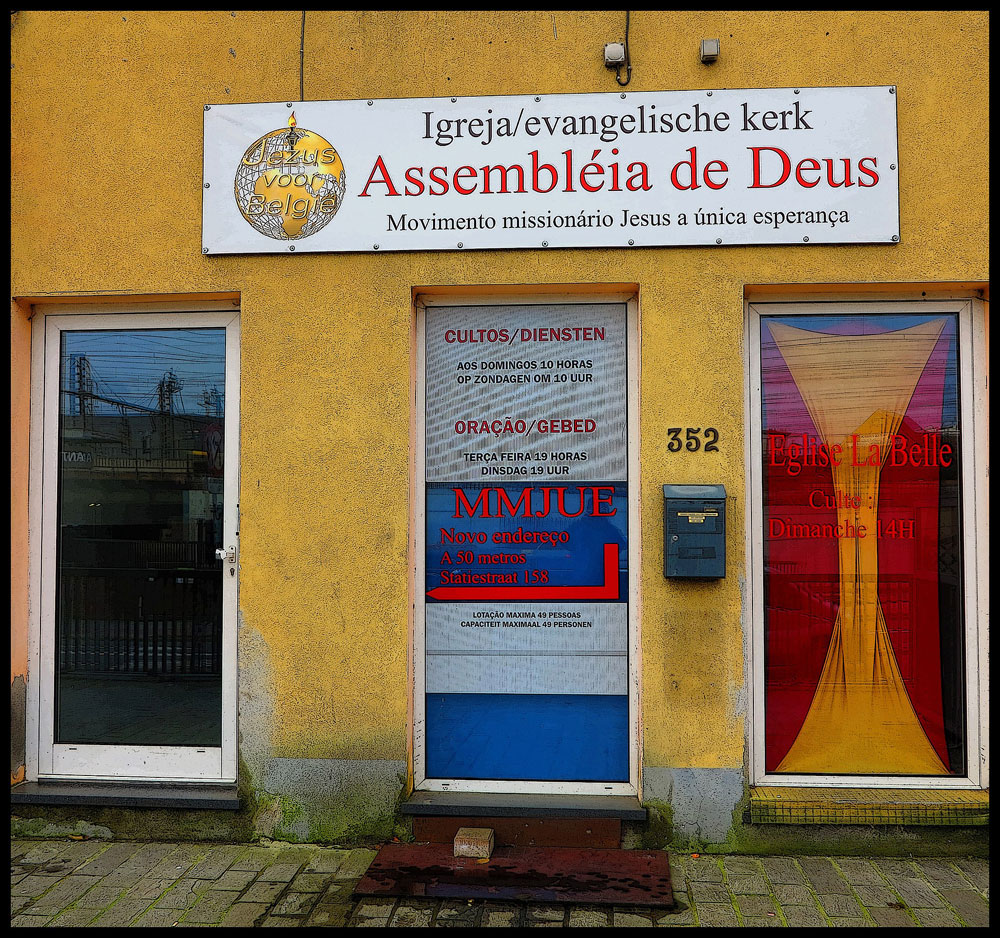
January 17, 2020; Washington Post
There are advantages and disadvantages for organizations that acquire 501c3 nonprofit status, and there are rules and regulations handed down from the IRS, the federal agency that grants that status. But those terms change if the nonprofit is a church (or similar religious entity such as a mosque, synagogue, or temple). One difference is that churches are not required to file the annual 990 form. For several evangelical organizations, that advantage—no 990 filing—has been a reason for them to change their status from “organization” to “church.”
Donations to nonprofit organizations are tax-deductible for the donor, and the recipient organization is exempt from most taxes. This is good for both donor and nonprofit, but there is a catch: the need for public disclosure. The IRS Form 990 that nonprofits file includes information about the organization’s annual revenue, salaries of the highest-paid employees, names of board members and large contractors, and the amount of money the organization spends on administrative costs and fundraising. While some of these new (and even not-so-new) “churches” do still file 990 forms with the IRS, they do have the option of leaving some portions of the form blank.
A number of evangelical organizations see it as an advantage to not have to submit this form, as it protects them from public scrutiny. Protecting the confidentiality of donors seems to be critical. This was confirmed by Paul Batura, a spokesman for Focus on the Family, who said in a statement that the organization changed its status to “church” with the IRS “primarily to protect the confidentiality of our donors.”
Warren Cole Smith, the president of MinistryWatch, a watchdog and advocacy organization for donors to Christian ministries, wrote with concern and empathy about the motives of a number of evangelical nonprofits as they seek to change status. Smith noted the investigations of six televangelists between 2008 and 2011 by Senator Charles Grassley (R-Iowa). Because their organizations they were considered churches and did not file 990s, they didn’t have to reveal the lavish lifestyles of their leaders or how donor funds were spent on private jets and huge mansions. Smith notes that for years it was common for televangelists to identify as churches despite not meeting all the criteria. The issue came under scrutiny during the Obama administration.
Sign up for our free newsletters
Subscribe to NPQ's newsletters to have our top stories delivered directly to your inbox.
By signing up, you agree to our privacy policy and terms of use, and to receive messages from NPQ and our partners.
While condemning this use of the use of the church status, Smith also sees another side that protects these organizations from harassment of their donors and legal disputes by LGBT groups or others around positions taken by these organizations. Smith, however, tends to come down on the side of disclosure, even when it may harm an organization. He cites the 2014 resignation of the executive of a major tech firm after his major donation to a group fighting same-sex marriage in California became public.
“That sent chills throughout the ministry world, that donor lists could be weaponized,” Smith said. “I’m not saying the concern is not legitimate. I’m saying don’t hide behind a church status.”
Religious organizations also fear they may face discrimination charges if they hire or fire employees based on sexual orientation or if they decline to host or perform a same-sex wedding. Having status as a church is an extra layer of protection. According to Chicago attorney David Bea, who has worked with a number of religious institutions, being classified as a church “increases their bona fides as a religious organization. The law does allow them to work on religious principles. Having that status is an extra seal of approval.”
For those considering making the switch, the options and limits for religious nonprofits, churches and otherwise, are laid out by the IRS in a 36-page document. The list of criteria is long, and your organization might not meet them all. Moreover, what was once done quietly and without much scrutiny is now being scrutinized. If you decide to become a church, it won’t just be the IRS looking over your shoulder.—Carole Levine












